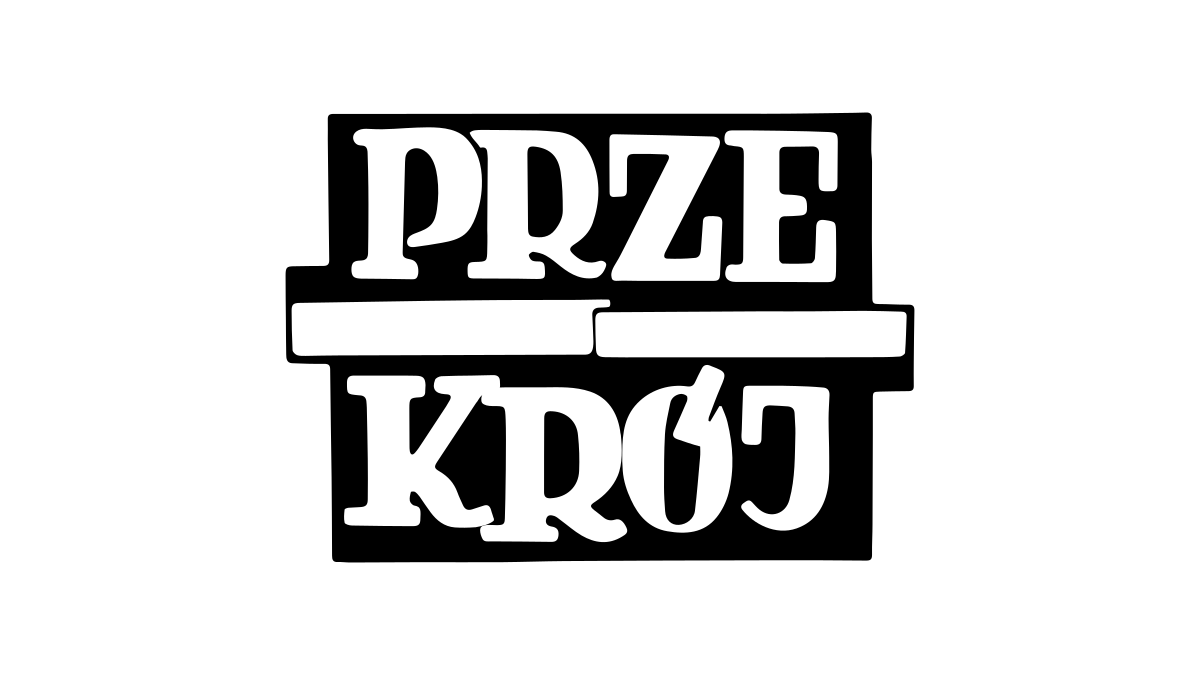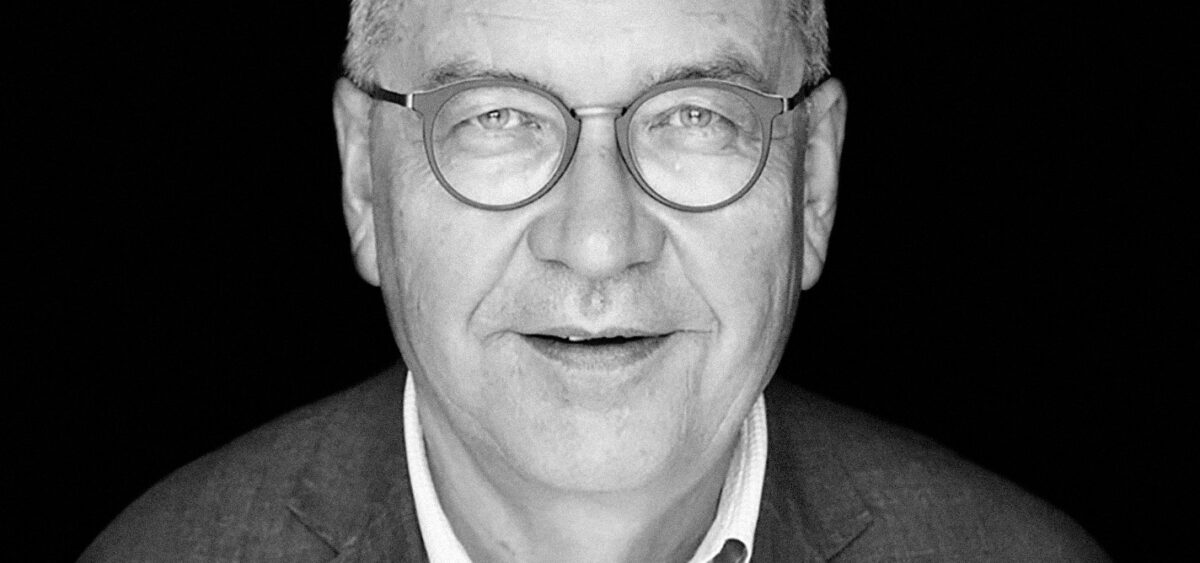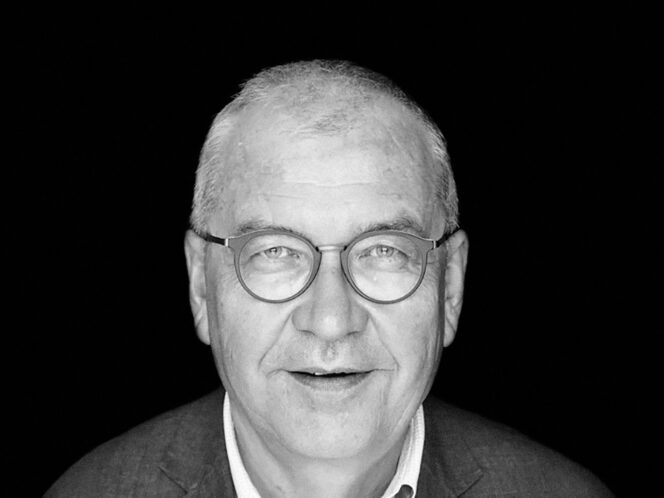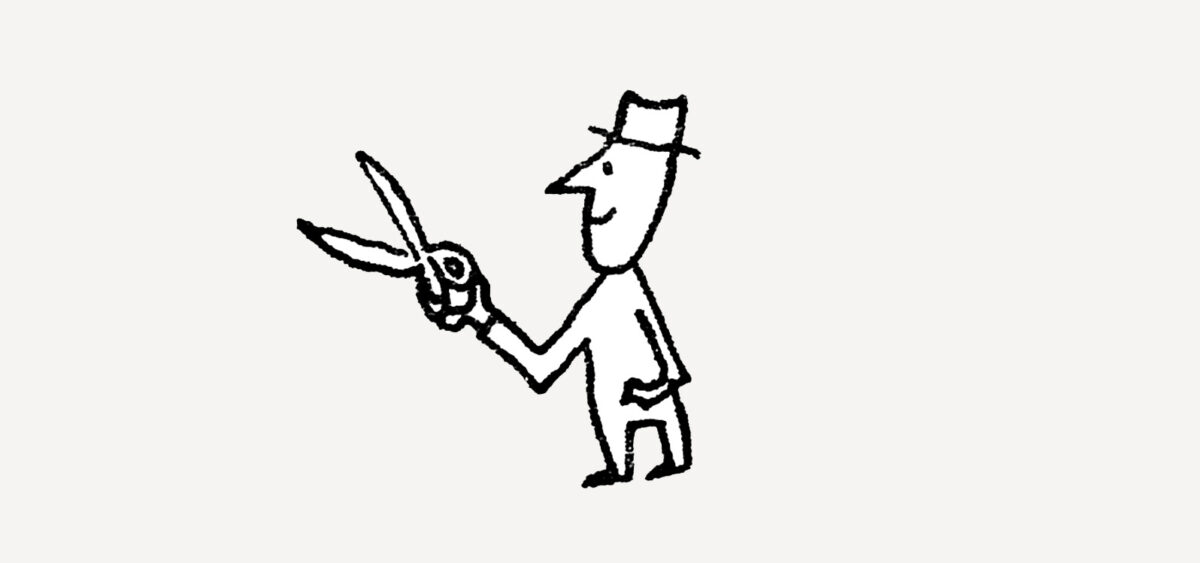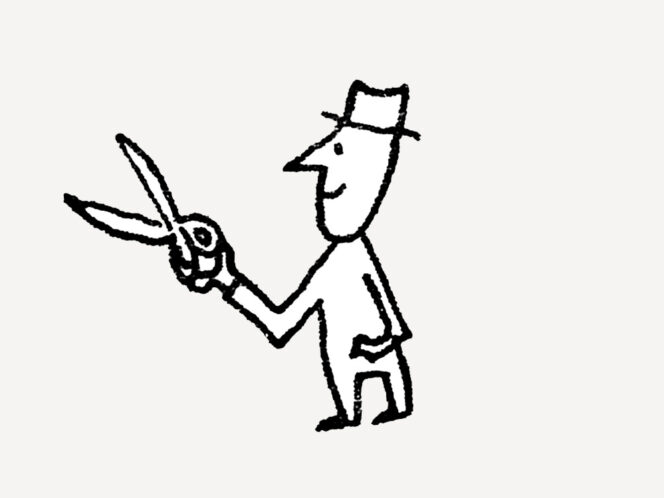
As children we are afraid to go to sleep in the dark. As adults we can also have trouble falling asleep, although we fear the prospect of losing our jobs more than the thought of a monster under the bed. Where does this continuous anxiety come from? What new fears has the pandemic awoken? Aleksandra Pezda discusses the different aspects of fear with Leszek Koczanowicz.
During the third wave of the pandemic, when many sensible and not-so-sensible restrictions began, I was trying to lay my hands on a copy of Anxiety and Lucidity: Reflections on Culture in Times of Unrest, a volume of essays by Professor Leszek Koczanowicz. In the ubiquitous atmosphere of fear, I wanted to read about it. But I couldn’t. Warsaw’s library reading rooms were closed. In one, they scanned to order, but only 50 pages at a time, so I got just half a chapter. I could only ask for the other half 24 hours later. In another district, they decided to make the collection available for borrowing. However, I did not have a library card and they had stopped issuing new ones in order to limit face-to-face contact between people. The librarian kindly brought the book out to me, in front of the library building. On a little wall above a busy road, she slid the registration form towards me, keeping to the legally-required, two-metre distance. In return, I showed her my identity card, also from a distance. Finally, I could read.
I found out that anxiety is one of the main signs of our times, and that it manifests itself in many surprising ways. Everyday life is one. It is unbearable because although daily life should be repetitive and stable to give us a sense of security, for the very same reason it is also desperately boring. So we try to escape from it, yet constantly return, so that the boredom and stability can help us mask our anxiety once again. This invisible but ubiquitous anxiety that we deny, flares out, just occasionally, in times of crisis, through the cracks of our existence. One such crack is the pandemic. It allows us to look deep inside ourselves, understand a few things, to attain gnosis – only to return to the beaten track once again. Yet maybe this time we won’t go back to how things used to be? Maybe the pandemic foreshadows the end of our age? If so, is that good or bad? Unless our intimation of the fin de siècle, of some great change, is just an illusion. For the end of our age
